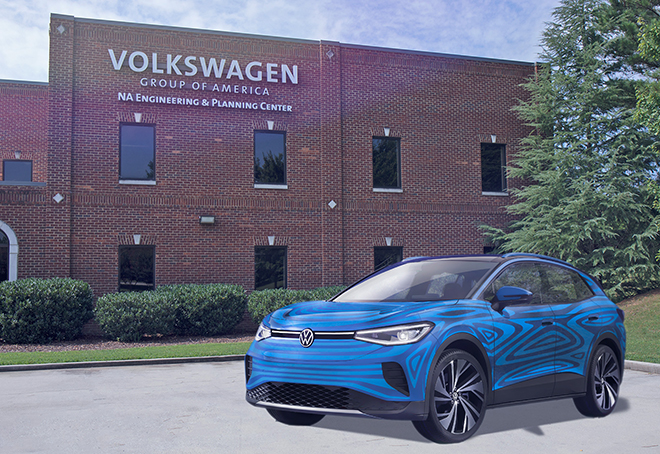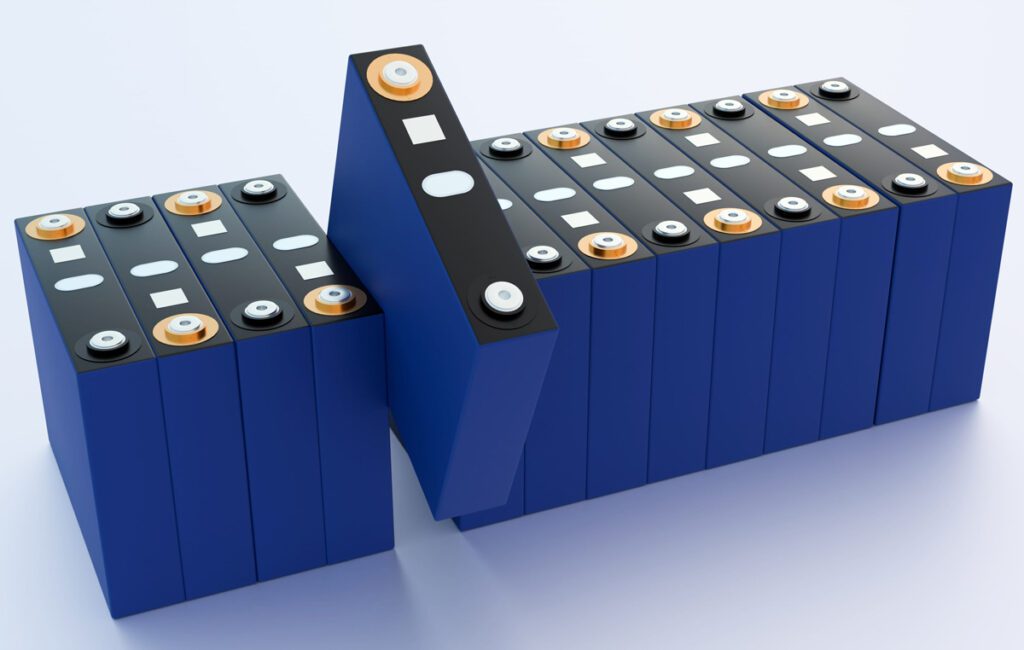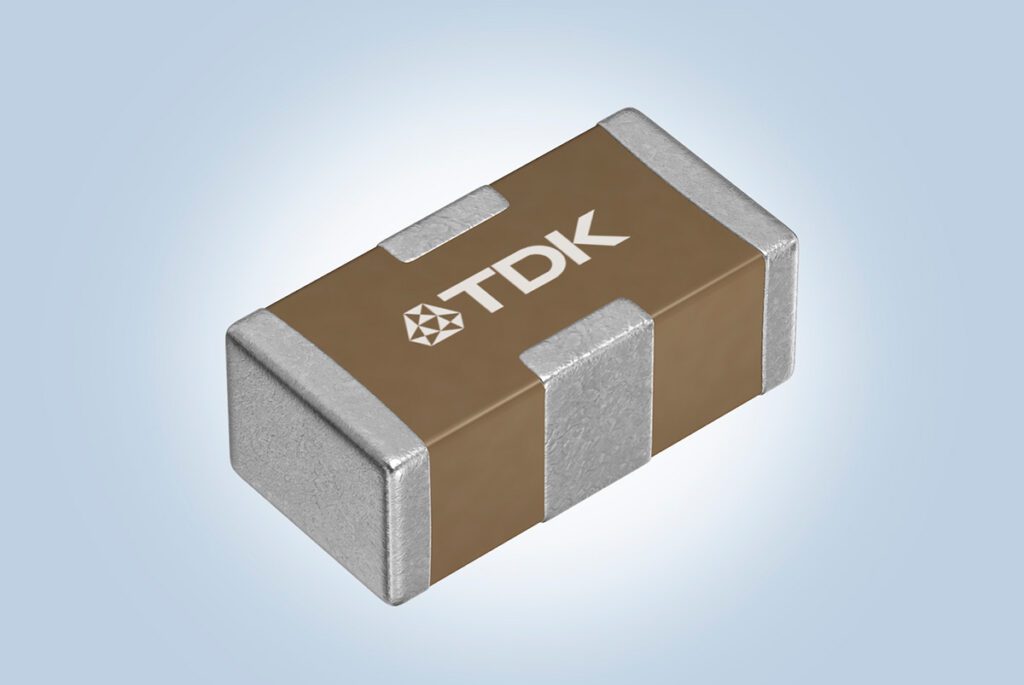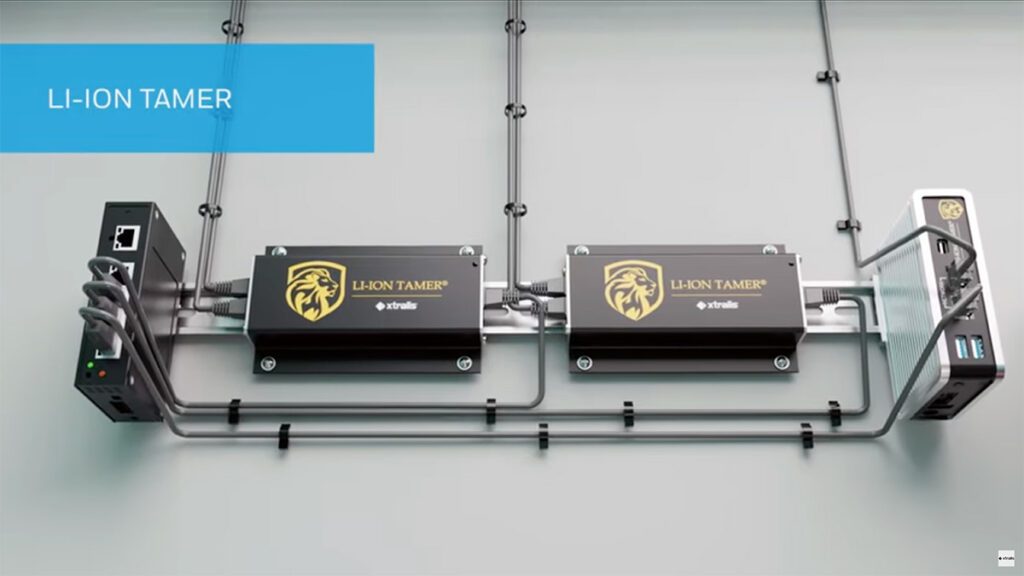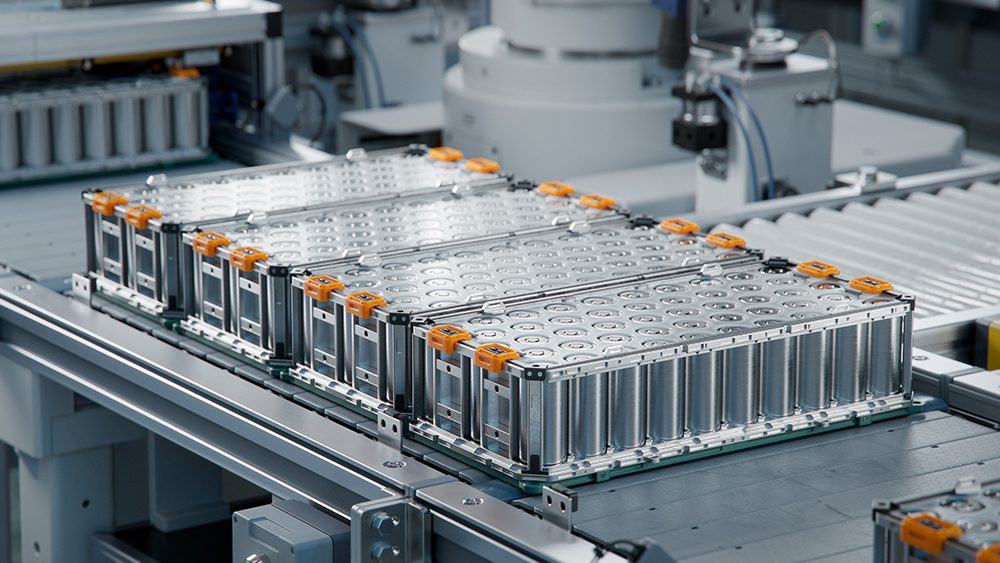Volkswagen is expanding its Chattanooga factory to build a North American center for EVs—not only for assembly but for engineering the EVs of the future.
VW’s Engineering and Planning Center (EPC) will soon feature a high-voltage laboratory designed to develop and test EV cells and battery packs for upcoming models assembled in the US. The company plans to use battery cells manufactured by SKI in Georgia for its Chattanooga-built EVs.
“There are two ways that auto companies approach the development of EV batteries,” said VP Wolfgang Maluche. “A lot of them will farm out the development and testing of batteries to another company and some will actually do the work of developing and testing in-house. We are doing the latter.”
The EPC plans to be fully operational by spring 2021. It will feature pressure testers, explosion-rated climate chambers and a custom multi-axis shaker table (MAST), which tests the integrity of vehicle components under challenging road conditions.
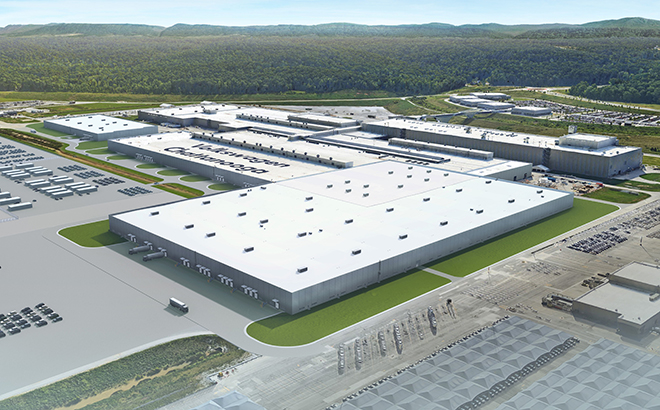
“The battery is not only shaking, it is going through a series of harsh conditions to test its durability in a variety of possible environments, from the South Pole to the Sahara,” said Jason Swager, Director of Electrical Development. “We needed to build a MAST that could withstand the immense force and frequency that we apply to test these batteries.”
To run a MAST at such high frequencies, VW had to design its own tool. The supports for the MAST will be buried 12 feet under the lab’s floor and buttressed with concrete to help withstand the forces in use. VW says its new lab will be only the second location in the country with a MAST of this size.
The high-voltage lab will be built to LEED standards for environmental impacts, through steps such as a battery-to-grid connection that sends unused energy back to the utility. “This lab was planned to be as sustainable as possible,” said Maluche.
Source: VW







